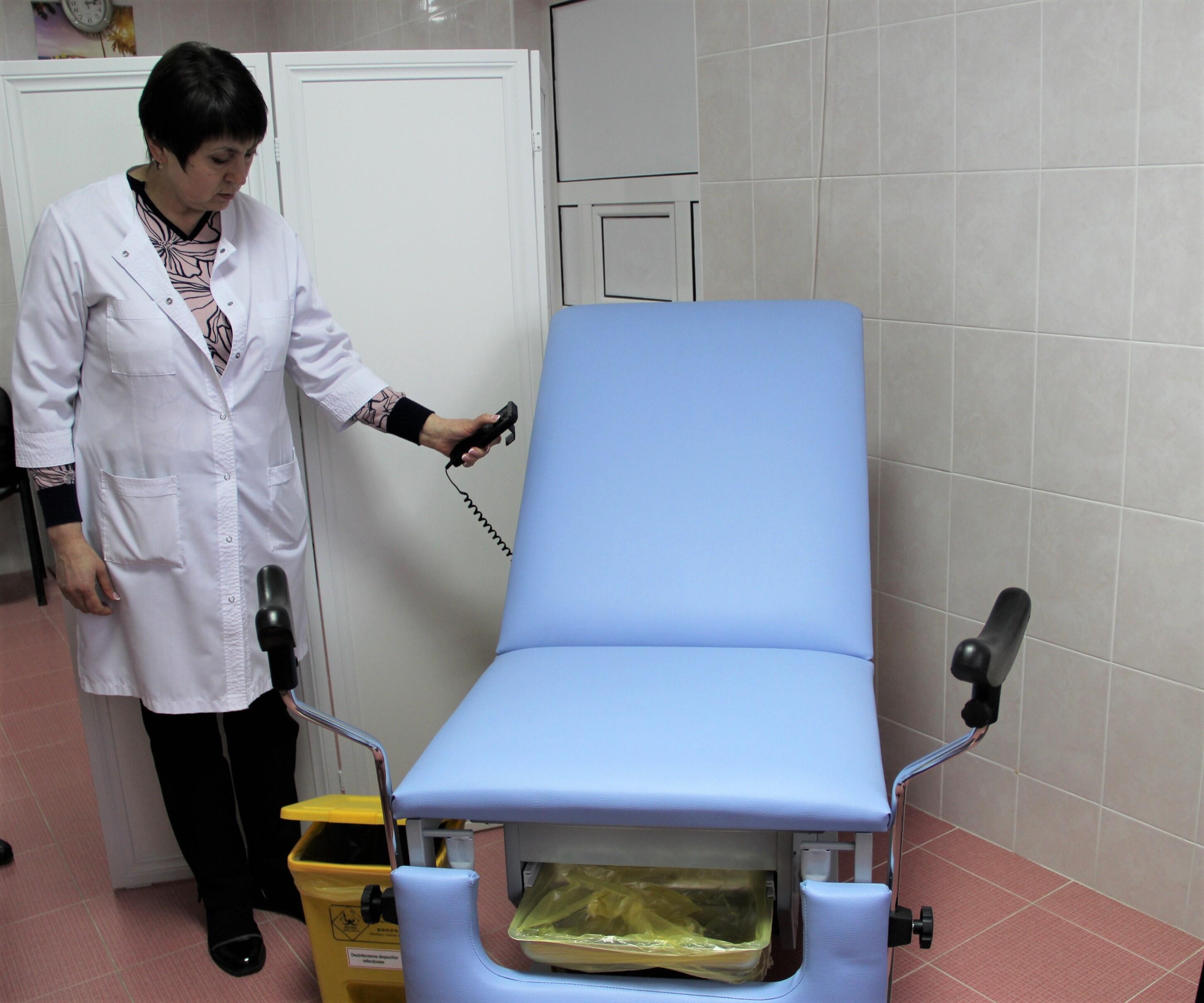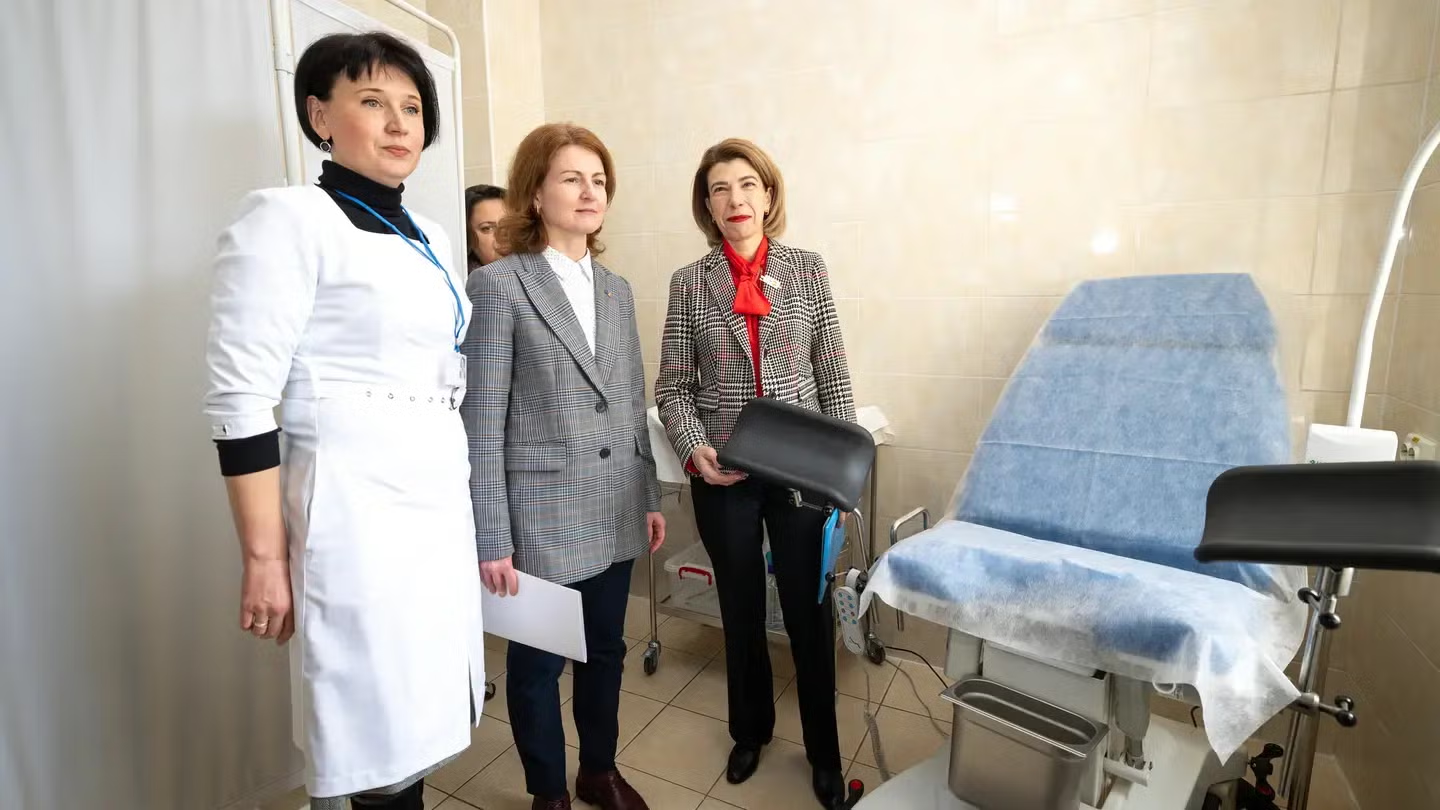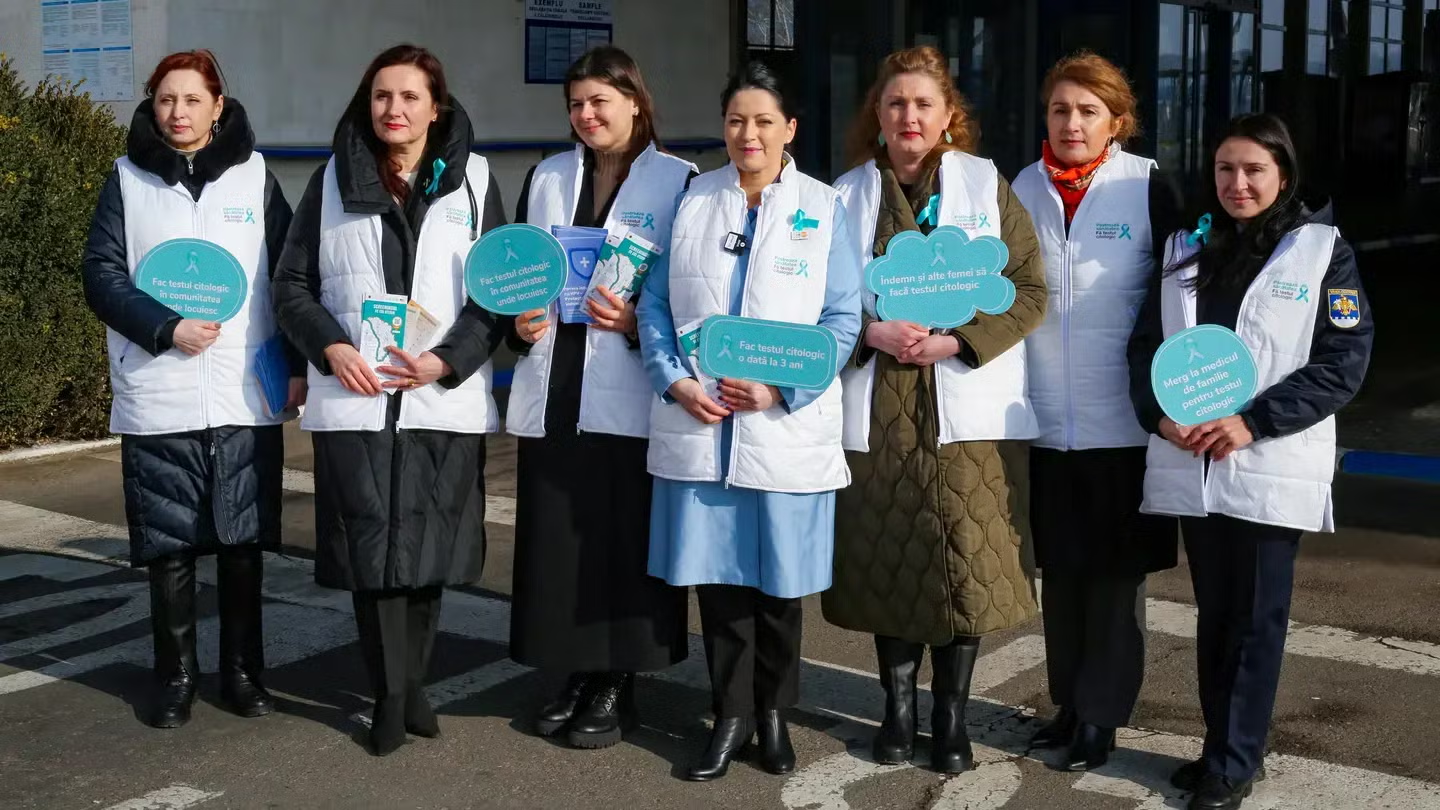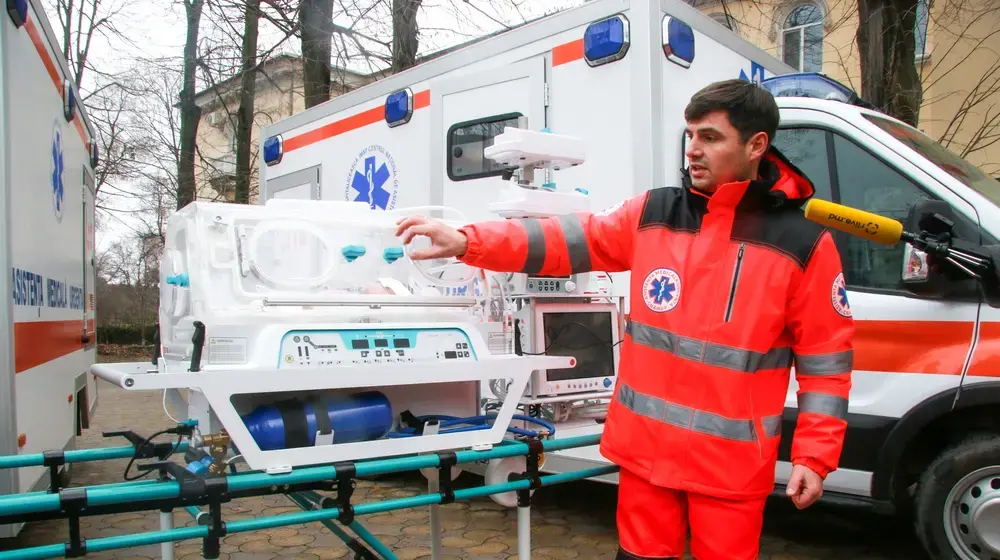Women with reduced mobility from Chisinau, Cahul, Edinet, Hincesti, and Ungheni districts can now benefit from quality gynecological medical services. Accessible gynecological chairs, adapted for women with locomotor disabilities, older women, and those overweight, are available now at the Health Centers in these districts and the Center for Reproductive Health and Medical Genetics in Chisinau.
The initiative to procure the adapted equipment belongs to a group of civic activists from the Diaspora, including Victoria Morozov, Ana Covrig, and Andrei Lefter. Supported by the UN Population Fund (UNFPA), they organized a fundraising campaign among Moldovan citizens, managing to collect the necessary amount and purchase five modern armchairs, which provide women with disabilities access to quality sexual and reproductive health services.
"I made a research on this topic, contacted several organizations, and convinced that the situation of women with disabilities in the Republic of Moldova is not easy. I decided to get involved ", says Andrei, who, to promote his cause, among other awareness actions, traveled in just eight days even the famous tour of Mont Blanc.
The adapted gynecological coaches, from Italy, work based on a unique mechanism, which allows the adjustment of the equipment to each woman's needs. Thus, medical consultations become accessible and comfortable for both patients and the medical staff.
Lilia Prisăcaru from Edineț was diagnosed with Metabolic Syndrome. She is overweight, and it was difficult for her to use the institution's old gynecological chair. Now, she says, it will be much easier and more convenient for her to come to the gynecologist.
Valentina Focova moves with the help of a crutch after undergoing surgery in 2018. Since then, the woman has not gone to the gynecologist. "I am glad that there is now such high-performance equipment in our Health Center, and I will tell all women to come here."
"Every woman has the right to a regular gynecological check-up, including access to cervical screening services. If an armchair is adapted for women with disabilities, it is very easy for both the patient and the gynecologist. Ideally, it would be good to have such multifunctional chairs in all family doctors' offices in the country", says Tatiana Guțan, a gynecologist at the Health Center in Edineț.
Studies conducted in recent years show that, although there are still gaps in ensuring the right to sexual and reproductive health for women with disabilities, there have been several achievements in this area.
"Over the last few years, we have found that medical institutions have become more accessible. They built ramps, adjusted their toilets. The doors are wider now, compared to past years, and more accessible for the strollers to enter the institution. Also, we make efforts to provide Reproductive Health Centres and Youth Friendly Health Clinics with the necessary equipment. The attitude of service providers towards people with disabilities has also improved", says Victoria Ciubotaru, Coordinator of the National Program in sexual and reproductive health and rights.
According to the United Nations Population Fund (UNFPA), Persons with disabilities have the same rights as everyone else, as affirmed in the Convention on the Rights of Persons with Disabilities. "All countries should have fully inclusive sexual and reproductive health policies and services for persons with disabilities. These must redress current yawning gaps, for example, in access to contraceptives or even basic gynecological care", UNFPA Executive Director Dr. Natalia Kanem said in the Statement on the occasion of International Day of Persons with Disabilities.
About 175 thousand people with disabilities live in the Republic of Moldova, half of whom are women and girls. Most have acquired disability in their lifetime.





